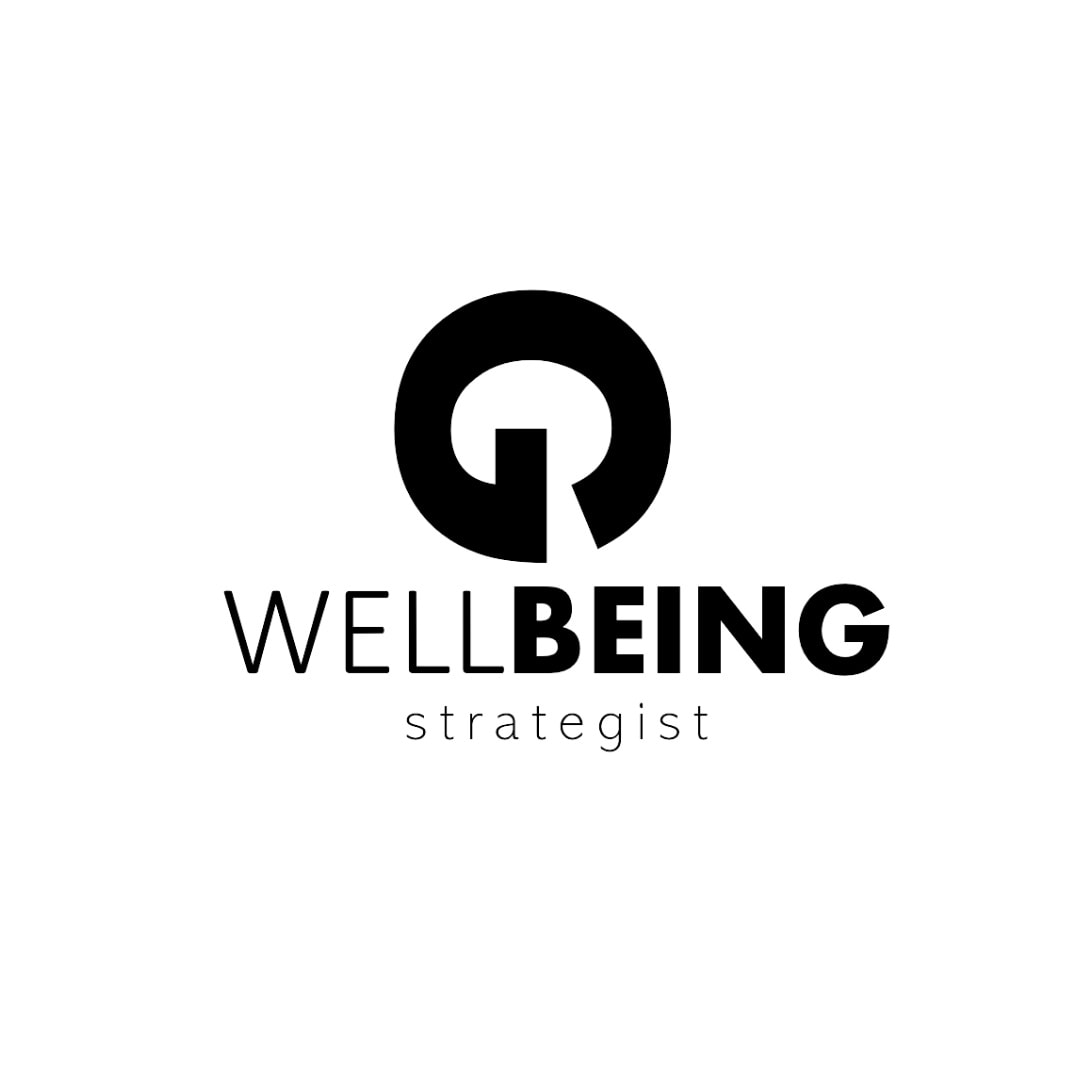Keep your brain young and healthy
From this article you will learn:
- how to take ownership of your brain health,
- that a lot of mental dysfunctions and diseases such as depression, anxiety, bipolar disorder can be prevented,
- Simple ways to keep your brain healthy and rescue it from a downward spiral.
A good life is the single greatest predictor of good brain health. In fact, only 40% of brain health is determined by genetics. The remaining 60% is strongly influenced by lifestyle and environmental factors. This means you can take control of your brain health now to ensure a better future for yourself.
Your brain is incredible – are you looking after it?
The brain is the most sophisticated structure known to human beings. It is also the most complex medium that sustains every speck of life within our body.
Made up of about 100 billion neurons, it’s what makes us who we are. It controls our emotions, memories and movements, and gives rise to a number of psychological phenomena such as sleep, daydreaming, playing tennis, and work addiction.
You need it to communicate and have relationships. But have you ever asked: Is There A Way To Keep My Brain Healthy?
It’s time you started to protect your brain and all the amazing things it does. Get started with the 5 simple hacks.
1.It’s a no-brainer. What’s good for the heart is good for the brain
You probably know that cutting out smoking, being physically active and eating a balanced diet will help lower your risk of heart disease – but very few people realise you’ll be helping reduce your risk of dementia and depression too.
Giving your heart some love shouldn’t mean crash diets or running a marathon every weekend, but simple positive changes that you can build upon and that you enjoy. In order to support optimal brain function is it recommended to be physically active 2 hours per week, it can be anything, from walking to running or strength training, yet the higher your heart rate, the better, says Anders Hansen, a psychiatric specialist at the Sophiahemmet hospital in Stockholm and author of The Real Happy Pill: Power Up Your Brain by Moving Your Body
Exercise also spurs the development of new nerve cells and increases the connections between brain cells (synapses). This results in brains that are more efficient, plastic, and adaptive, which translates into better performance in aging animals. Exercise also lowers blood pressure, improves cholesterol levels, helps blood sugar balance, and reduces mental stress.
2. Plenty of Quality Sleep
A key way to keep your brain working is to shut it off for 7 – 9 hours a night. “Sleep is the most important thing you can do to reset the brain, allow it to heal, and restore mental health,” says Romie Mushtaq, MD, a neurologist, and integrative medicine specialist.
If you make quality sleep a priority, your brain and body will pay off with a better mood, lack of brain fog, better focus, and higher productivity during the day. To help you monitor your sleep, use one of the apps. Personally, I use Sleep Cycle, which tracks your sleep time, time in bed, movement at night, snoring, even sleep talking.
Few tips from dr David Amen, author of “ The end of mental illness”, that I personally follow are:
- avoiding caffeine in the evening or close to bedtime
- getting into regular sleep schedule
- addressing emotional problems before going to sleep. Resolve any conflicts, forgive, let go of anger, resentment, or anything else that is keeping you concerned.
- practice stress-management techniques such as meditations, sound therapy or self-hypnosis audio
- avoid blue-light exposure ( drop your phone when going to bed)

3. Try new things
Building new skills throughout your lifetime – how to make a Spanish omelette, how to play an instrument or speak Portuguese or traveling to an unfamiliar city helps keep your brain healthy by constantly creating new connections between brain cells. Challenging your brain essentially creates a backup system. “The more intellectual stimulation you have, the more various neural circuits are used. And the more circuits you have, the harder it is for the changes associated with neurodegenerative diseases to manifest,”- says Elise Caccappolo, PhD, an associate professor of neuropsychology at Columbia University Medical Center in New York.
4. Reduce inflammation
The word inflammation comes from the Latin inflammare, meaning “to set on fire”. Inflammation is your body’s natural way of coping with an injury or foreign invaders, such as a virus or bacterial infection.
The affected area becomes swollen, warm, red, and painful as your immune system fights to destroy the foreign substances and start the healing process. Chronic inflammation can devastate your body and it can also damage your brain and mind. High levels of inflammation have been associated with a wide range of neurological and psychiatric illnesses, including depression, bipolar disorder as well as lowered motivation and suicidal behavior.
Food can also cause inflammation in our bodies. Proinflammatory food includes: sugar, gluten, artificial sweeteners, excessive omega 6‑fatty acids from soy, corn, and vegetable oils, high-glycemic, low-fiber foods ( bread, pasta, potatoes, rice)
You can reduce your inflammation risk by:
- taking care of your inflammation level, test it on a regular basis with CRP, homocysteine, and the Omega‑3 Index
- including Reishi mushrooms in your diet as they greatly decrease inflammation throughout the body, helping to reduce the painful symptoms associated with arthritis and gout.
- being cautious about taking antibiotics homocysteine by taking B6, B12, and folate
- taking curcumin, which has potent anti-inflammatory effects
- increase your Omega‑3 fatty acids by consuming cold-water fish such as salmon, sardines, trout, tuna, mackerel, herring, and halibut. Choose fish that is wild, not farmed.
- eating foods that are hormone and antibiotic-free
- limiting alcohol consumption
- including more omega‑3 rich foods such as avocado, walnuts, and leafy greens
- using spices such as turmeric, rosemary, cinnamon, cumin, and ginger
- trying intermittent fasting. Eat only between 10:00 am and 6 pm
- lowering stress level by practicing yoga, breathing, and mindfulness
5. Care for your emotions
Anxiety, depression, lack of sleep, and exhaustion have been linked to mental performance.
Raise your emotional maturity so that you are in charge of your emotions, not their victim. Being emotional mature means being able to choose how you feel notwithstanding how other people treat you or what situations arise.
Being in charge of your emotions is living in the world of solutions rather problems, it also makes you feel peaceful and powerful as you are in charge, no matter what life throws at you.
Ways you can control your emotions, so your emotions don’t control you:
- visualise challenging situations and envision yourself handling them with a positive response, being in charge of your emotions
- act in a caring way even when you don’t feel like caring, the actions you take will help the desired feelings to show up
- don’t take things personally, build a think skin, meaning build your confidence
- develop positive mindset, when things don’t go your why, when you face disappointment or hardship ask yourself a question: “What’s right about this?”
- remove limiting beliefs, transform your mindset at the root level. Emotions and actions are like branches and leaves of a tree, in order to care for them for good, you need to address the root of the tree. There are many ways of changing your beliefs and work with your subconscious mind has proven to be the fastest and most effective. If you want to know more about reprogramming your mindset, get in touch with me. My clients had brilliant and liberating results after single sessions and you can have that too.
Our brains are a prize possession. So don’t skimp on mental maintenance and protection. If you want to get the most from your brain, you need to give it what it needs: emotional care, lifelong stimulation, good nutrition, and plenty of exercise.
Want to improve your wellbeing and overall functioning?
Book free discovery call & let’s chat!






